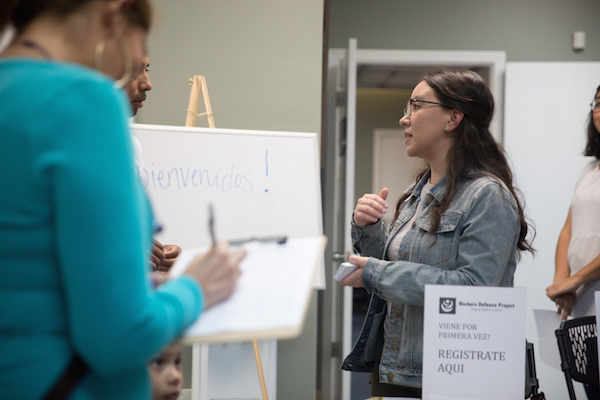BSW students have the opportunity to develop their professional skills by taking a field practicum during their final semester in the program, when they are placed in an agency that meets their goals, needs, and interests.
The field experience provides students with the opportunity to build, integrate, and apply knowledge while working with a client population within an agency setting. It also gives students the chance to build a repertoire of skills and enhance their sense of identification with the profession. Students often report that field is one of the most important and challenging parts of the curriculum.
Read about student experiences in field.
A generalist approach is the underlying foundation of the BSW field sequence. Students learn the importance of the interaction between the person and the environment, in order to understand and enhance the developmental and problem-solving capacities of clients, especially vulnerable populations. Students also learn to identify and prioritize a wide range of needs of their client systems and to link clients with appropriate resources when needed.
Within the generalist approach, students are also encouraged to consider the broader implications of client problems, work to contribute to the improvement of human service systems and policies, and identify needed resources for clients in order for them to reach their potential. Students learn to apply the problem-solving approach including the principles of data collection, problem identification, assessment, planning, implementation, and evaluation to systems of various sizes. Students also learn the importance of research in the acquisition of practice knowledge, evaluation of systems, and evaluation of their own practice.
Find about field-related training programs that offer student funding.



